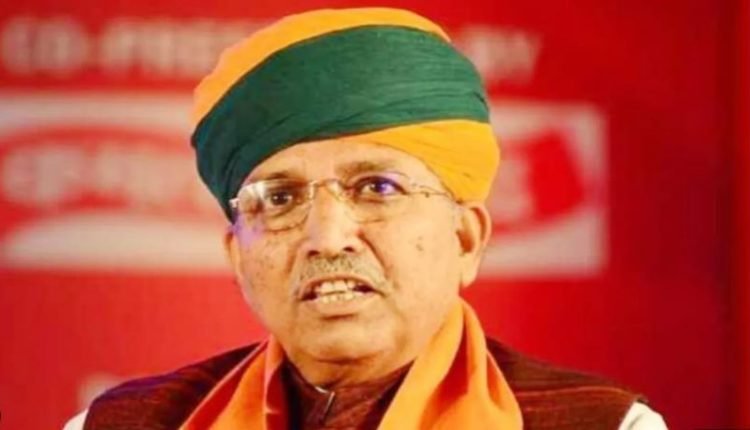Government Flags Laxity in Judicial Appointments; Says High Courts Rarely Follow Timelines
Judicial Appointments Delayed as High Courts Miss Proposal Deadlines, Government Expresses Concern
NEW DELHI, July 24: Amid mounting concerns over judicial pendency and case backlogs, the Government of India informed the Rajya Sabha on Thursday that High Court collegiums across the country have yet to recommend candidates for more than 50 percent of the current vacancies for judges. Out of a total of 371 vacant posts in various High Courts, recommendations for 193 positions are still pending from the respective High Court collegiums, Union Law Minister Arjun Ram Meghwal said in a written reply.
Responding to a question raised by Leader of the Opposition Mallikarjun Kharge, Meghwal revealed that as of July 18, only 751 judges are in position against the sanctioned strength of 1,122 in the High Courts, leaving 371 posts unfilled. Of these, 178 proposals for appointments are already under various stages of processing between the Government and the Supreme Court Collegium. However, the collegiums of several High Courts have not yet initiated proposals for the remaining 193 vacancies, he noted.
The Minister expressed disappointment over the frequent delays in initiating the appointment process. Citing the Memorandum of Procedure (MoP)—the framework governing the appointment, transfer, and elevation of judges—Meghwal pointed out that High Courts are expected to make recommendations at least six months prior to the anticipated vacancy. “Unfortunately, this timeline is rarely adhered to,” he said.
Under the current appointment mechanism, the Chief Justice of India is responsible for initiating proposals for Supreme Court appointments, while the Chief Justices of the respective High Courts are tasked with proposing names for judgeships in their jurisdictions. The MoP stipulates that recommendations should also take into account inputs from the concerned state governments, as well as intelligence and vigilance reports, before final decisions are taken.
The Centre’s remarks in the Upper House have once again brought attention to the chronic delays in judicial appointments—a problem that has repeatedly drawn criticism from jurists, legal experts, and civil society. Several High Courts, especially in states with high litigation volumes, are functioning with nearly half their sanctioned strength, severely impacting the pace of justice delivery.
Judicial vacancies not only slow down the functioning of courts but also contribute to rising pendency. According to the National Judicial Data Grid, millions of cases remain pending in High Courts, a crisis that experts believe can be mitigated to a significant extent through timely appointments.
While the government has often been accused of sitting on collegium recommendations, Thursday’s revelation flips the spotlight back onto the High Courts, highlighting lapses at the stage of proposal initiation itself. The lack of urgency in filling judicial vacancies, from both the executive and the judiciary, is likely to be scrutinized more closely in coming weeks.
As legal challenges grow more complex and access to justice remains a central pillar of democratic governance, timely and transparent judicial appointments are imperative. The current state of affairs demands not only procedural efficiency but also a more accountable mechanism from both the collegium system and the central government to ensure that the judiciary functions with its full strength, upholding the constitutional promise of justice for all.




